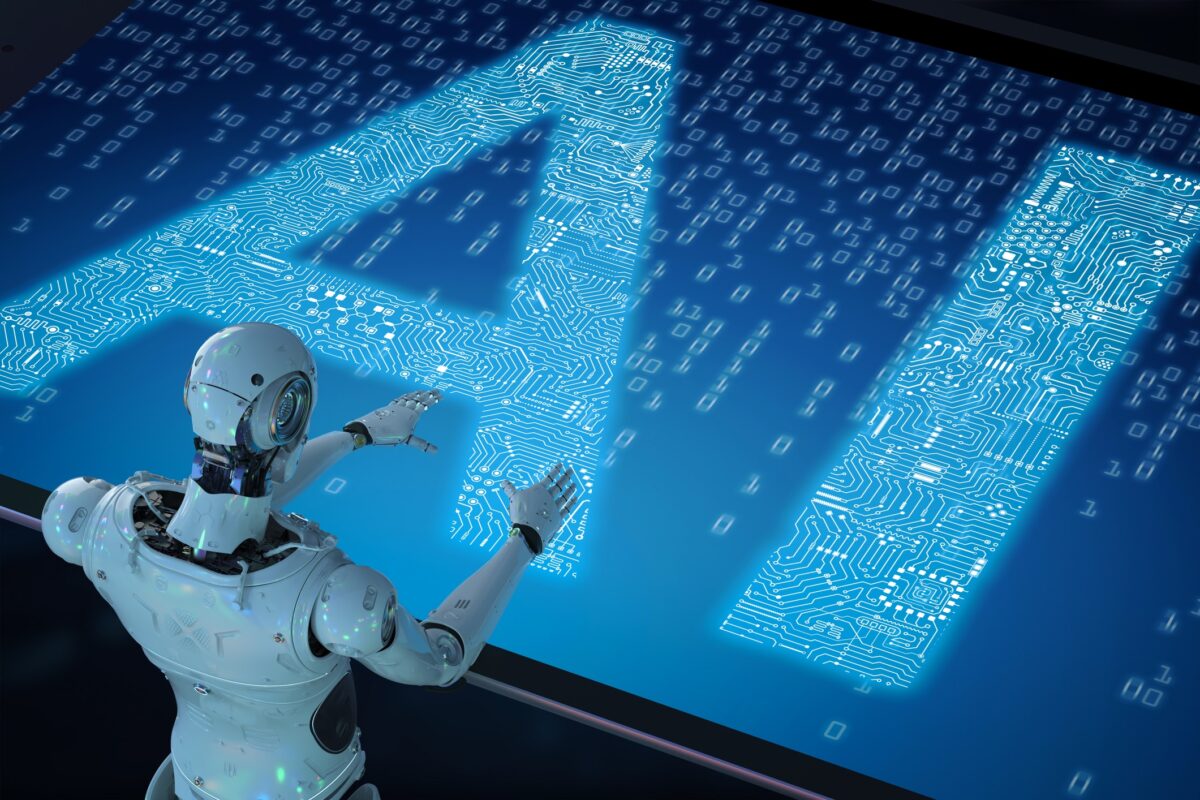Can Artificial Intelligence Solve the World’s Biggest Problems?

[ad_1]
Artificial intelligence (AI) has been touted as the solution to many of the world’s most pressing problems, from climate change to poverty and disease. While the potential benefits of AI are vast and promising, the question remains: can AI really solve the world’s biggest problems?
AI has already shown remarkable promise in many areas. For example, it has been used to improve healthcare outcomes by analyzing patient data to identify patterns and make better diagnoses. It has also been used in agriculture to optimize crop yield and reduce waste, and in transportation to reduce emissions and congestion.
But there are limitations to what AI can do. One of the biggest challenges is the need for large amounts of data to train AI systems. In some areas, such as developing countries or in areas without well-established data infrastructures, there may not be enough data available to develop effective AI solutions.
Another challenge is the potential for bias in AI systems. Machine learning algorithms are only as good as the data that they are trained on, and if that data is biased or incomplete, the resulting system may perpetuate those biases. For example, an AI system used to make hiring decisions may discriminate against certain groups of people if the training data only includes information about past hires who were predominantly from one demographic.
There are also ethical concerns about how AI might be used. For example, some worry that autonomous weapons could be developed using AI, leading to unintended consequences or even the potential for a global arms race. There is also a risk that AI could exacerbate existing inequalities, as those with access to the technology and the resources to develop it may benefit more than those who do not.
Despite these concerns, it is clear that AI has enormous potential to solve many of the world’s biggest problems. By leveraging the power of AI to analyze and interpret large amounts of data, researchers can gain insights that were previously impossible to achieve. This could lead to breakthroughs in fields such as energy, health, and education.
One promising area is climate change. AI has already been used to optimize renewable energy systems, improve forecasting of weather patterns, and monitor deforestation. By continuing to develop AI solutions in this area, we may be able to mitigate the worst effects of climate change and ensure a sustainable future for generations to come.
Ultimately, the potential of AI to solve the world’s biggest problems will depend on how it is developed and used. If researchers and policymakers are able to address the ethical and practical challenges associated with AI, it has the potential to be a transformative technology that could change the world for the better.
[ad_2]
